Meet our chair and members
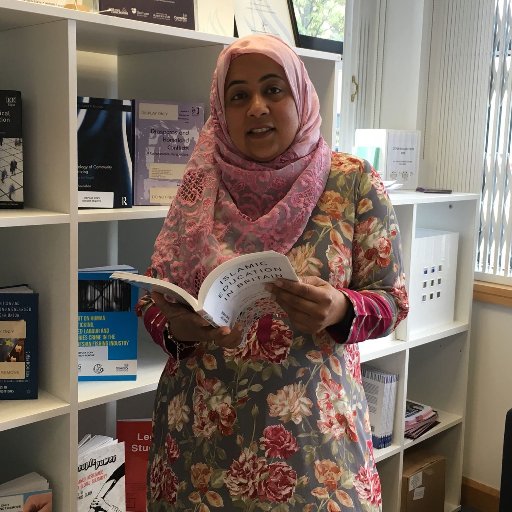
Professor Sariya Cheruvallil-Contractor (Coventry University)
Chair
Sariya is a Feminist Sociologist of Religion. She is Professor and Research Group Lead for Faith and Peaceful Relations at the Centre for Trust, Peace and Social Relations, Coventry University, UK. Her work lays particular emphasis on democratic research methodologies that work with and for research participants. She is the author of a number of publications relating to British Muslim Studies and inter-religious relations in Britain.
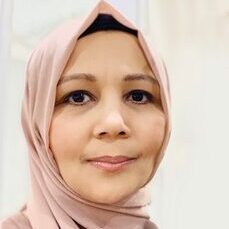
Sadiya Ahmed (Everyday Muslim)
Sadiya founded Everyday Muslim Heritage and Archive Initiative in response to the lack of representation of the Muslim narrative in both archives and museums in Britain. To date there are three archive collections held at five archive depositories across London and the South-East. Alongside her experience of fundraising, project/event/exhibition planning and managing heritage projects, she has also negotiated collaborations and partnerships with museums, archives, academics, artists, media and community groups across Britain.

Dr Asma Mustafa (Oxford Centre for Islamic Studies)
Dr Asma Mustafa is the Dean of Scholars and holds a Research Fellowship on Muslims in Britain at the Oxford Centre for Islamic Studies. She is the organizer and facilitator of the annual residential Young Muslim Leadership Programme and its alumni network, which she has successfully led for over a decade. Asma is also Trustee, Governing Body Fellow and Senior Research Fellow at Linacre College, University of Oxford and served as Senior Tutor from 2014-2016. Asma’s current research interests include the ‘Leadership of prominent Muslim Women’ and ‘Cultural Code-Switching among British Muslims’
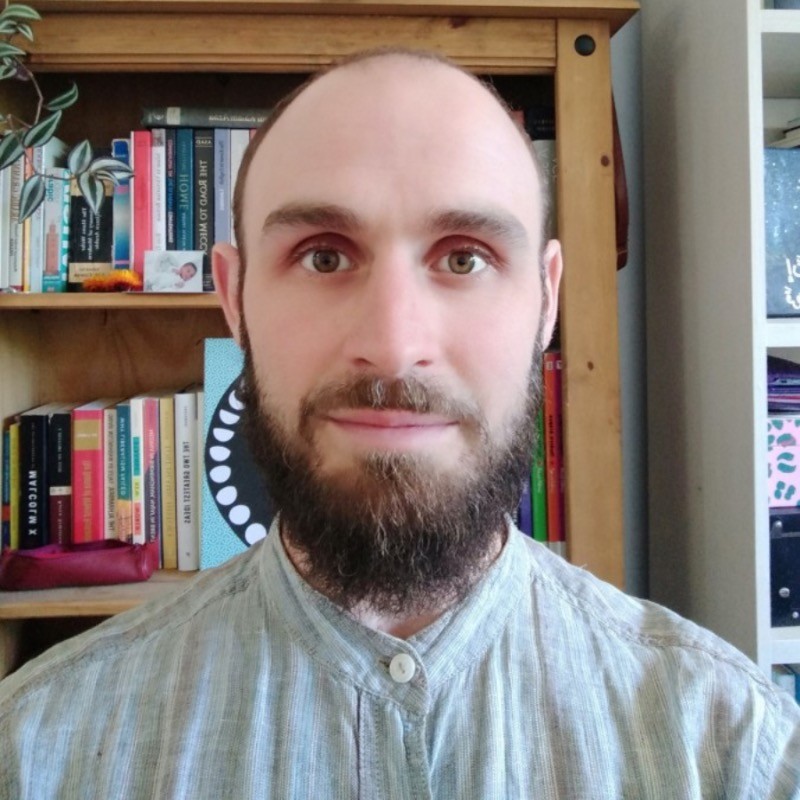
Samuel Bartlett
Samuel Bartlett completed his MA from Cardiff’s Islam UK Centre and is currently writing his PhD thesis on the Islamic thought of Muhammad Marmaduke Pickthall at Royal Holloway. His work ties Pickhtall’s thought to a variety of subjects, including postcolonial literature, tasawwuf, translation studies, secularisation, pan-Islamism, British Muslim Studies and wider imperial history. He was also recently involved in a research project carried out at Cardiff University’s Islam UK Centre documenting the history of Islam in Wales under the lead of Dr. Abdul-Azim Ahmed.
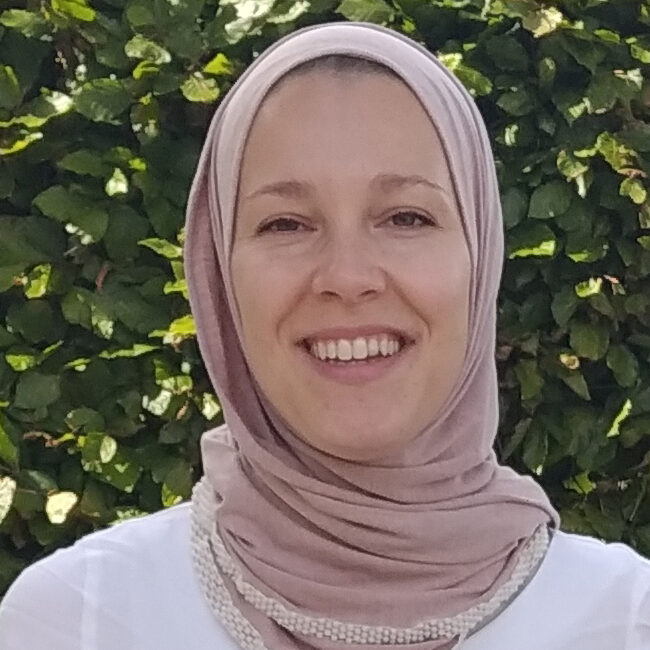
Dr Laura Mora (early career scholar)
Dr Laura Mora is an early career scholar in feminist media studies and the sociology of Islam, and is interested in the implicit conditions for minority groups to gain online visibility and social acceptance. Laura currently teaches gender and (social) media at Queen’s University Belfast, and has previously taught at Cardiff University and Keele University. She has completed a postdoctoral research (Loughborough University) on the self-representation of Paralympic athletes, and an award-winning PhD (Keele University) on Muslim women’s self-representation in hijab fashion.
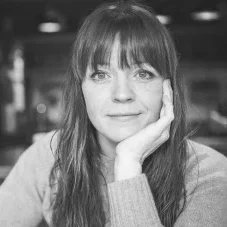
Qudra Goodall (University of East Anglia, Norwich, UK)
Qudra Goodall is an ESRC funded PhD candidate and Associate Tutor at the University of East Anglia, Norwich, UK. Her doctoral research ‘Coming into Being’ – An ethnography of ethics and change amongst young British-Born Muslim women in Norfolk collates narratives and everyday experiences around belonging, womanhood and representation that reflexively challenge intergenerational and ideological perspectives and reimagine their British Muslim identity. Qudra is part of the collaborative and interdisciplinary RCUK- funded British Muslim Values Project (UEA/BBC). Producing a film exploring second-generation British convert Muslim women’s perspectives on the compatibility between ‘British’ and ‘Islamic’ values.
She has a BA Honours in International Politics and Modern Languages (University of Aberystwyth, Wales), and a Research Masters in Social Sciences Research Methods (UEA, International Development).

Professor Tamjid Mujtaba (University College London)
Professor Tamjid Mujtaba based at University College London is directing and leading on a number of educational research evaluations. She is an experienced mixed methods researcher. She has put forward suggestions for educational policy and practice about what can be done to enhance attainment and positive educational experiences for disadvantaged groups.
Her recent work in the UK includes a randomised controlled trial for the Education Endowment Fund which found a science programme accelerate learning by two months. She has also looked into how cross-curricular teaching can enhance students’ perceptions of science see here https://www.mdpi.com/2227-7102/12/12/937.
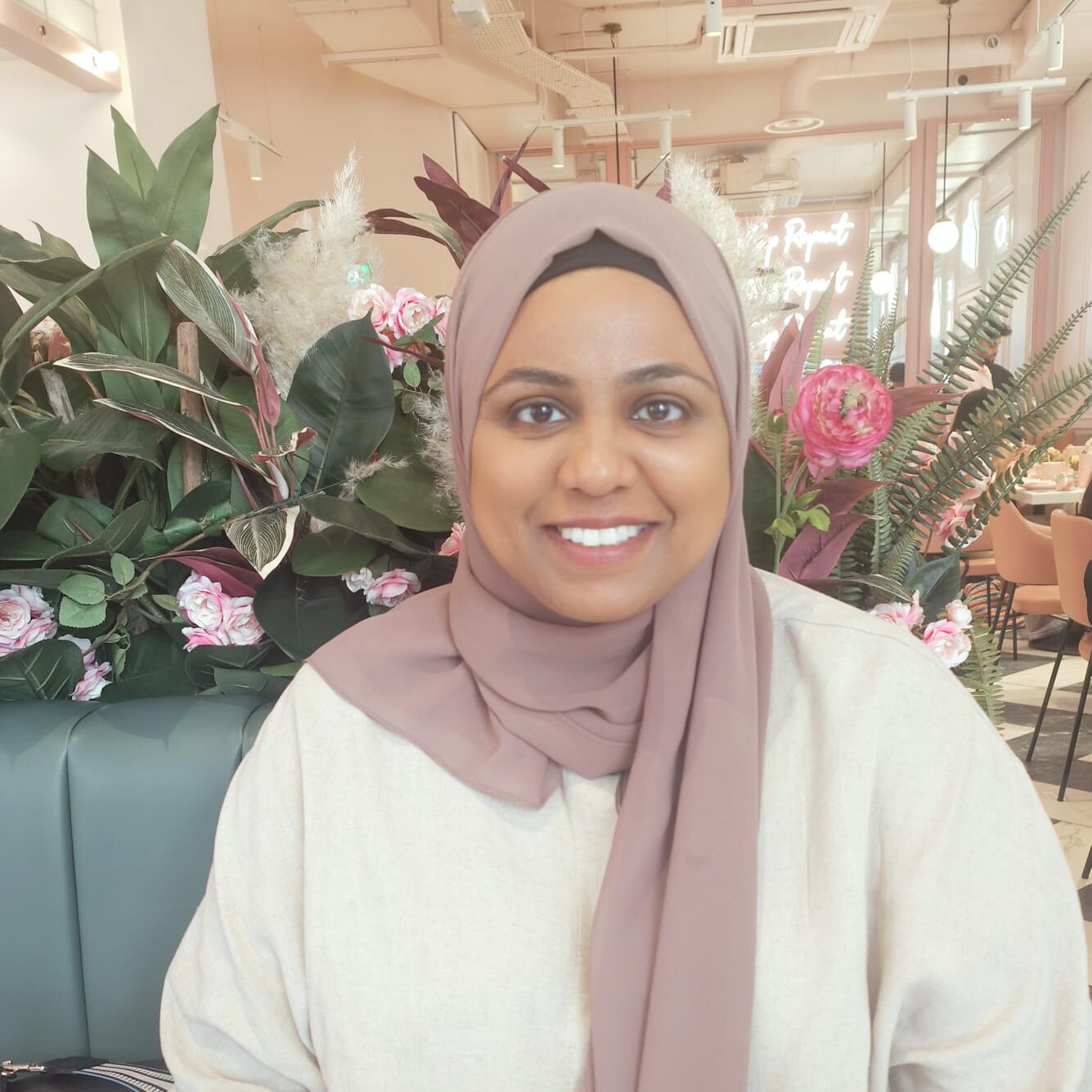
Dr Hafza Iqbal (Markfield Institute of Higher Education)
Dr Hafza Iqbal is Course Lead for Islam and Pastoral Care at the Markfield Institute of Higher Education. She completed her PhD in the field of Sufi studies and Islamic Practical Theology at Coventry University’s Centre for Trust, Peace and Social Relations. Prior to the commencement of her doctoral research, based on Muslim communities in contemporary Britain, she completed a Masters in Theology at the University of Birmingham and studied Islamic Theology in the faculty of Usool in Madina Institute, South Africa. Her areas of research and writing continue to be based on contemporary religious communities and the history, development and modern expressions of Sufism and Islamic Practical Theology.
